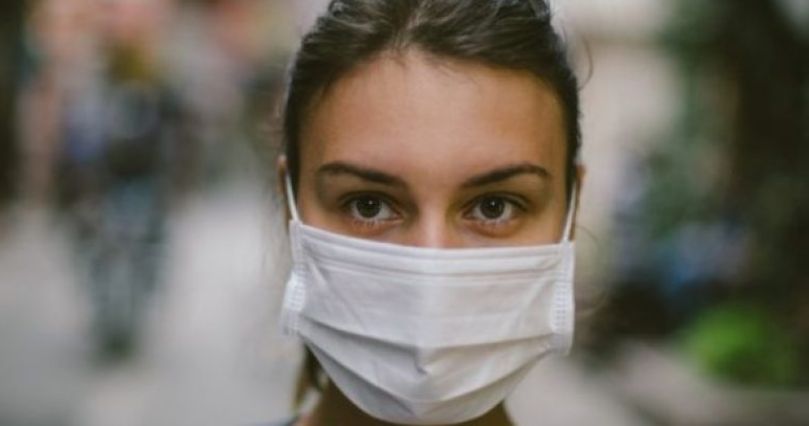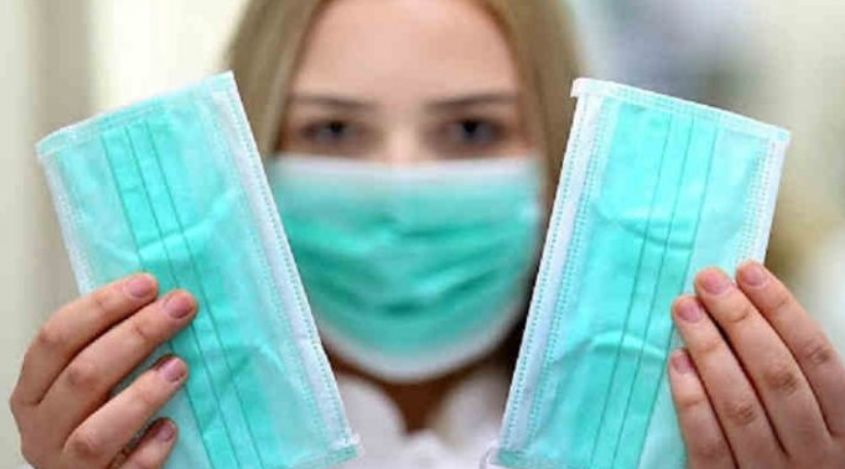Fungal infections, while so very common, can disrupt daily life and cause a great deal of discomfort. Understanding the underlying causes can be quite helpful in prevention and even treatment. In this here article, we dig real deep into the primary factors that just contribute to fungal infections and explore some natural remedies that can nice and dandy complement medical intervention, ya know?
Environmental Factors
One mighty important factor that just can’t be ignored is the good ol’ environment, buddy. Living in hot, and I mean really hot, humid climates or wearing, oh my goodness, so much damp clothing creates a perfect, and I mean absolutely perfect, breeding ground for those pesky fungi. And, let me tell ya, excessive sweating really amps up this whole situation, promoting fungal growth and infection like nobody’s business.
Immune Compromise
Now, let’s talk about immune compromise, my friends. Conditions such as diabetes, HIV, or even cancer, can weaken, and I mean really weaken, the immune system. This, in turn, makes individuals so much more susceptible to fungal infections, you wouldn’t even believe! Yeah, a compromised immune system has a real tough time, I mean, a real tough time fending off fungal pathogens effectively. It’s really a bummer.
Poor Hygiene Practices
Alright, alright, let’s move on to poor hygiene practices. Now, listen up folks, neglecting personal hygiene and living, oh boy, in unclean environments provide some mighty favorable conditions for fungal proliferation. And let me just say, it’s super important to maintain cleanliness, like super-duper important, ya know? It’s like the key to preventing fungal infections, my friends.
Contributing Lifestyle Factors
Now, let’s get into some contributing lifestyle factors. First off, we have dirty clothing, oh boy, does that contribute to fungal infections, especially when you wear unwashed garments, like seriously, especially socks and undergarments. It’s like an open invitation to the fungi, you know what I mean?
Next up, we got tight clothing. Oh boy, if you decide to wear snug attire, it’s like giving a big thumbs up to sweating, creating an environment that’s oh-so-perfect for fungal overgrowth. Not a good idea, folks.
Obesity, oh my goodness, that’s another contributing factor. Excess weight leads to skin folds that just happily retain moisture, and you know what that means? It fosters fungal growth, like, big time!
Now, let’s talk about stress, real quick. Ya see, heightened stress levels, my friends, compromise immunity, which just leads to increased susceptibility to fungal infections. It’s a real bummer, let me tell you!
And here comes hormonal changes. Ah, the joys of pregnancy-induced hormonal shifts, am I right? Well, unfortunately, these shifts elevate the risk of vaginal fungal infections. Not fun at all.
Natural Remedies for Fungal Skin Infections
Alrighty, let’s move on to some natural remedies for those pesky fungal skin infections. Now, remember, consulting a healthcare professional is vital. But hey, there are also some natural remedies that can complement medical interventions. Here are a few worth mentioning:
1. Tea Tree Oil: Diluted, of course, with a carrier oil, tea tree oil exhibits some natural antifungal properties. Pretty neat, right?
2. Coconut Oil: Now, here’s a doozy for ya – coconut oil! It’s rich in antifungal fatty acids and, believe it or not, it can alleviate fungal skin infections. Crazy, huh?
3. Garlic: Ah, good old garlic. Just crush it real nice and apply it topically, my friends. It has some natural antifungal and antibacterial properties, believe it or not!
4. Apple Cider Vinegar: Diluted apple cider vinegar is mighty helpful when it comes to inhibiting fungal growth. Just apply it to those affected areas and watch the magic happen!
5. Yogurt: Who knew plain yogurt with live cultures could actually restore the skin’s natural flora? Well, it can, thanks to its probiotic content. Pretty cool, huh?
6. Aloe Vera: Fresh aloe vera gel, oh my goodness, it’s a real treat for your skin! It soothes and aids in skin recovery all thanks to its antifungal properties. You really can’t go wrong with aloe vera.
7. Turmeric: Alrighty, folks, turmeric paste is where it’s at! It’s got some anti-inflammatory and antifungal properties, which make it extremely effective when applied topically.
8. Oregano Oil: Oh boy, diluted oregano oil is a real force to be reckoned with. It contains some antifungal compounds that just combat those pesky fungal infections.
9. Proper Hygiene: Can’t stress this one enough, folks. Maintaining cleanliness and dryness really discourages fungal proliferation in those affected areas. It’s so important, like seriously important.
10. Probiotics: Now, here’s where things get interesting. Consuming probiotic-rich foods or even taking supplements can restore microbial balance, and guess what? It can potentially prevent fungal infections. Cool, right?
11. Neem Oil: Alright, who’s ready for some neem oil action? Diluted neem oil, my friends, has some pretty amazing antifungal and antibacterial properties. You can’t go wrong with neem oil!
12. Dietary Adjustments: Alrighty, folks, here’s the deal. Some individuals benefit from, get ready for it, reducing sugar and refined carbohydrate intake. Why? Well, fungi just thrive on sugar, so it’s best to cut back. Makes sense, right?
Now, listen up, my friends. While these natural remedies may offer a little relief for some, they should in no way replace professional medical advice and treatment. If you suspect a fungal infection, consulting a healthcare provider is absolutely crucial for accurate diagnosis and appropriate management. Trust me on this one, folks.



